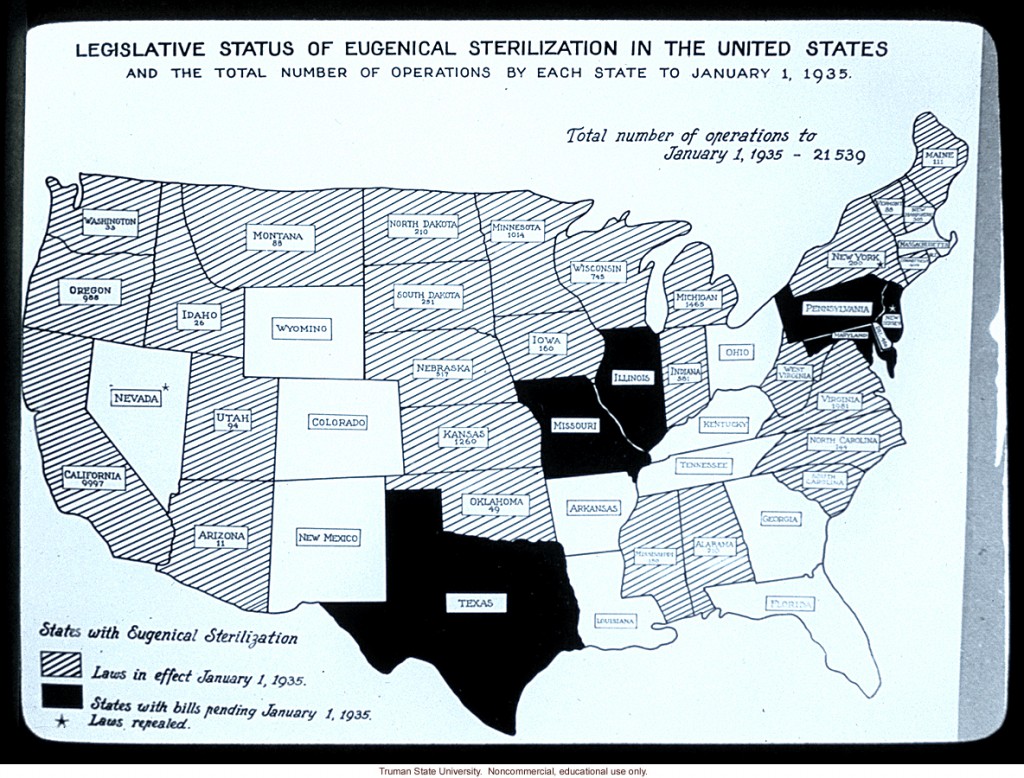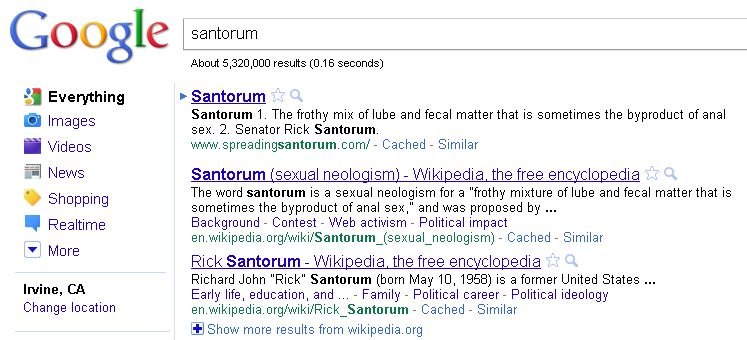Christine sent us a link to some fabulous photos coming out of Toronto. In January a member of the Toronto Police force, Const. Michael Sanguinetti, suggested to students at York University that “women should avoid dressing like sluts in order not to be victimized” (source). In response, SlutWalk was born. The SlutWalk, which strode just yesterday, was a march designed to draw attention to the way in which the term “slut” is used to stigmatize and invalidate women.
As Leora Tanenbaum argues in Slut! Growing Up Female with a Bad Reputation, the term is used to control all women, not just women who want to have sex, because it can be applied to girls and women regardless of their sexual activity (as any virgin with a slut reputation can tell you). Young girls grow up using, and fearing, the slut label. And that label continues to be used against them as adults, even when it comes to sexual assault, as the police officer’s comment makes clear.
In an effort to bring attention to word and its use as a mechanism of control girls, women and men of all sexual activity levels came together on Sunday, re-claiming and diffusing the “slut” label.
Lisa Wade, PhD is an Associate Professor at Tulane University. She is the author of American Hookup, a book about college sexual culture; a textbook about gender; and a forthcoming introductory text: Terrible Magnificent Sociology. You can follow her on Twitter and Instagram.











